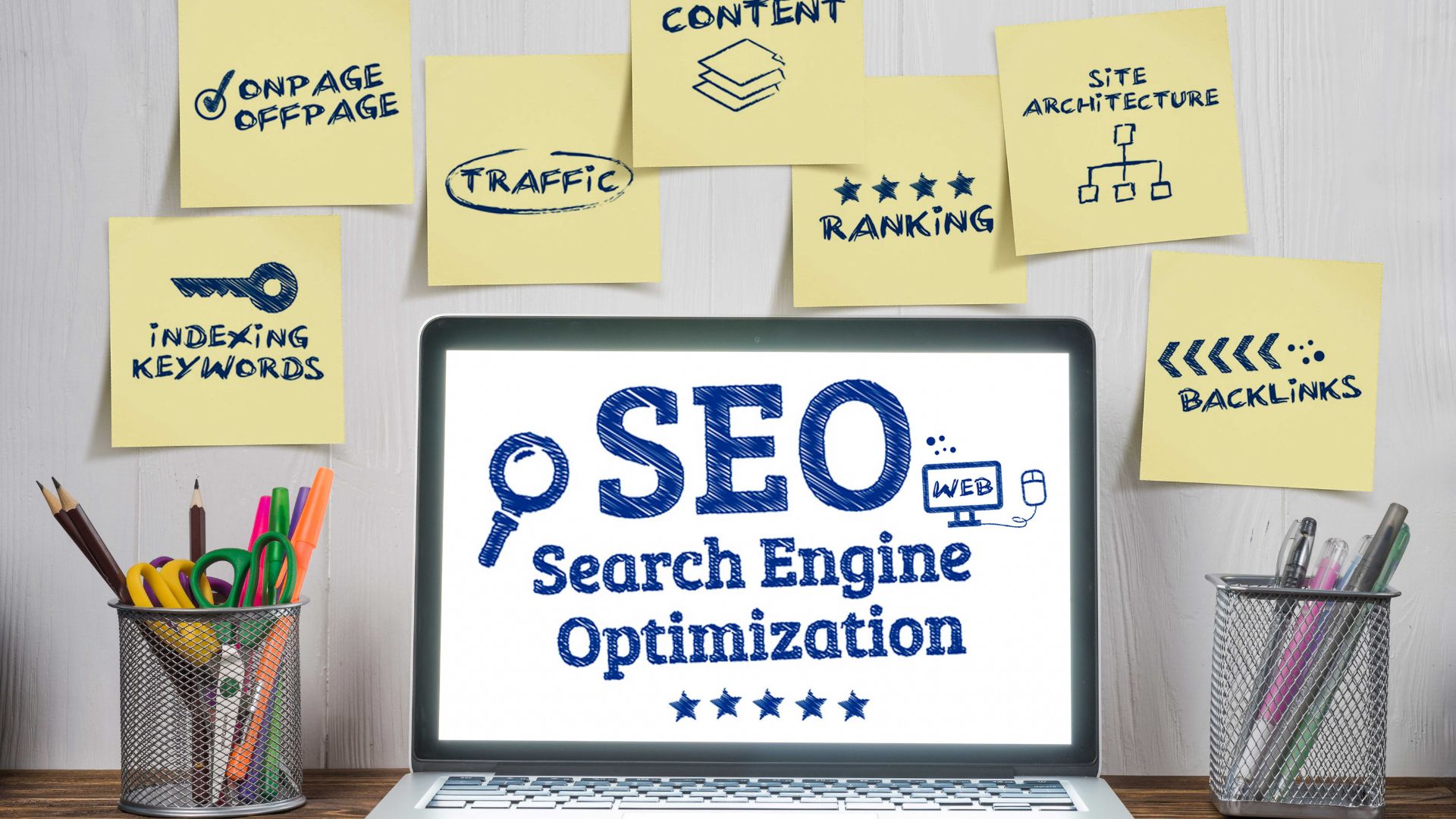SEO (Search Engine Optimization) is the process of improving a website or web page to increase its visibility in search engine results. The goal is to make a site appear higher in search engine rankings for relevant keywords, which can lead to more organic (non-paid) traffic.
KEY COMPONENTS OF SEO :
Keyword Research: Identifying the terms and phrases that people use when searching for products or services relevant to your site.
On-Page SEO: Optimizing elements on your website like content, meta tags, headings, and images to align with the target keywords.
Off-Page SEO: Building backlinks from other reputable sites to increase your site’s authority and ranking.
Technical SEO: Improving the technical aspects of your site, such as page speed, mobile-friendliness, and site architecture.
Content Creation: Producing high-quality, relevant content that provides value to users and encourages them to engage with your site.
ADVANTAGES OF SEO :
Increased Visibility and Traffic: Higher rankings on search engines like Google lead to more visibility and more clicks, resulting in increased website traffic.
Cost-Effective: Unlike paid advertising, organic traffic generated through SEO is free, providing long-term results without ongoing costs.
Improved User Experience: SEO encourages better site architecture, faster load times, and mobile optimization, which enhances user experience.
Builds Credibility and Trust: Websites that rank higher are often perceived as more credible and trustworthy by users.
Higher ROI: SEO often delivers a higher return on investment compared to other digital marketing strategies because it targets users who are actively searching for your products or services.
Long-Term Results: While SEO requires time and effort to build, the results are long-lasting and can continue to drive traffic over time.

